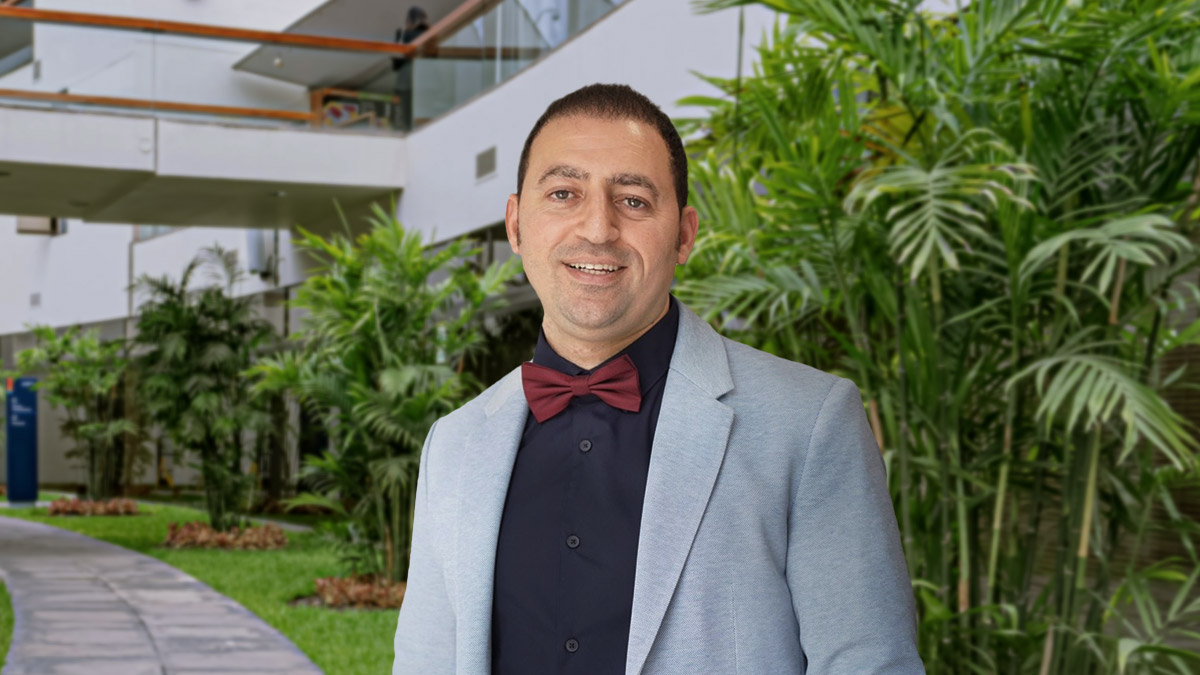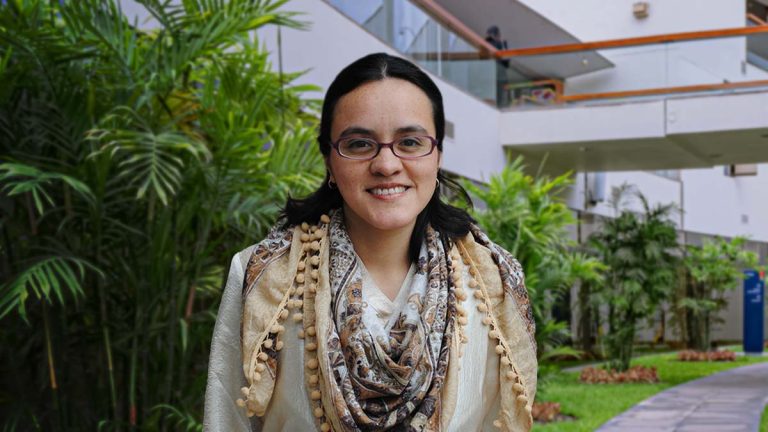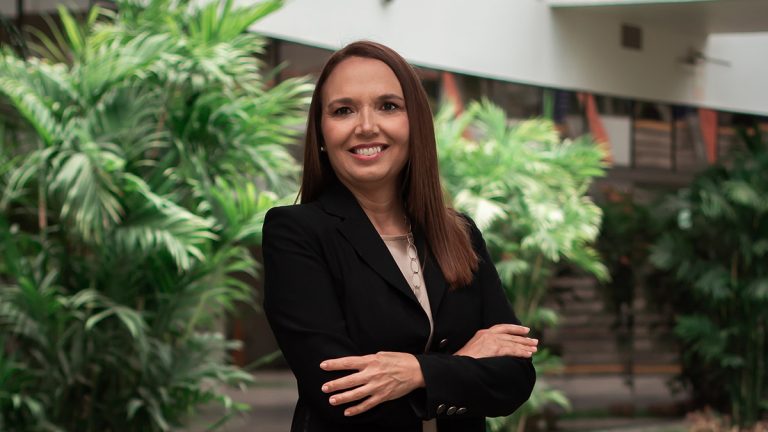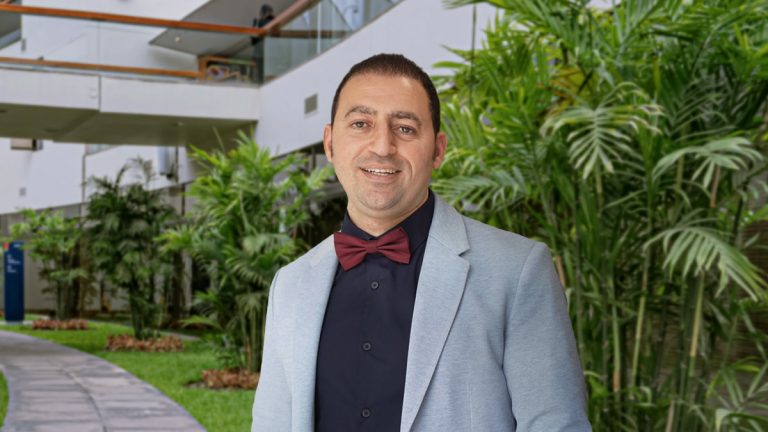The aim of this paper is to explore how Syrian entrepreneurs in Egypt might ensure the inclusion of Egyptian employees in their restaurants in return for gratitude for the good treatment they receive from that country. The empirical sample comprises 54 semi-structured interviews with employees working full-time in restaurants owned by Syrians in Egypt. The findings showed that the previous disappointments and hardships of the refugees shape their way of thinking and behaving. The interviews indicated that Syrian refugees in Egypt return the gratitude they receive from their host country with long working hours, low financial incentives, and second-class treatment for their Egyptian employees. Moreover, the findings also indicated that guaranteeing Syrian entrepreneurs ongoing action resources (access to education, health, the labour market), emancipative values (ongoing tolerance from the host-country citizens) and civic entitlement (laws to secure freedom for Syrian refugees) might result in him or her feeling like the master that the citizens of the host country should please because he has suffered a lot in his country of origin.
Referencia:
Mousa, M., & Abdelgaffar, H. (2023). They sell Shawarma and pain: How do refugee entrepreneurs include host-country citizens? Evidence from a non-Western country. Tourism and Hospitality Research, 0(0). https://doi.org/10.1177/14673584231182992



